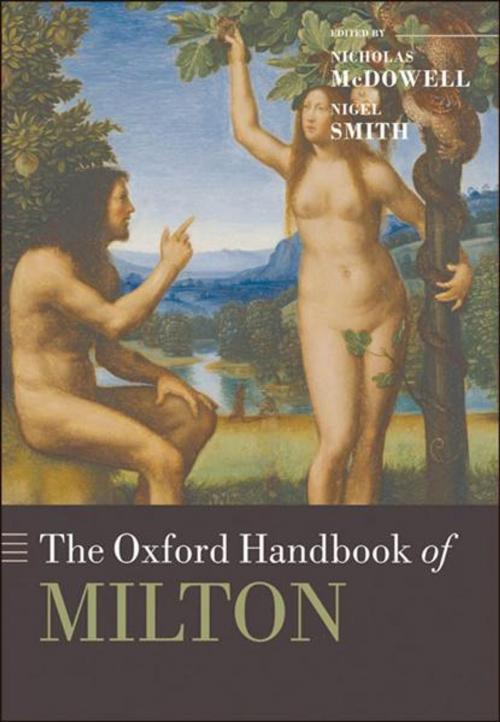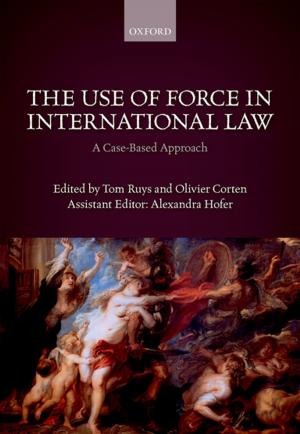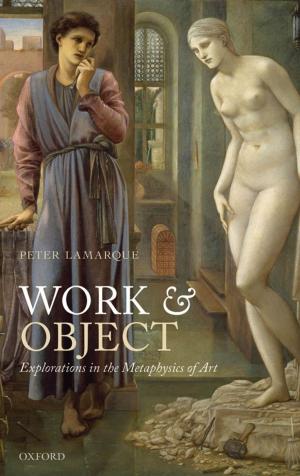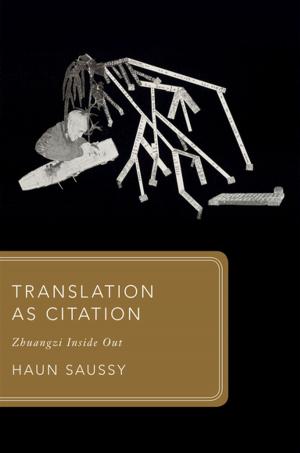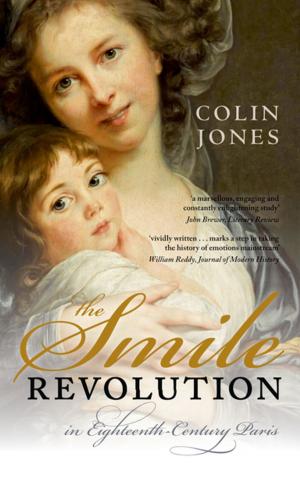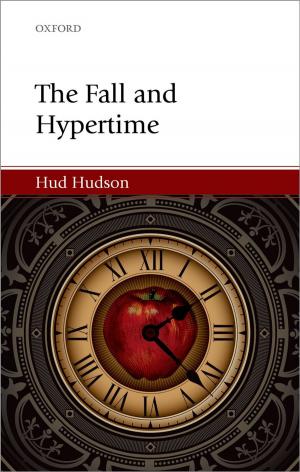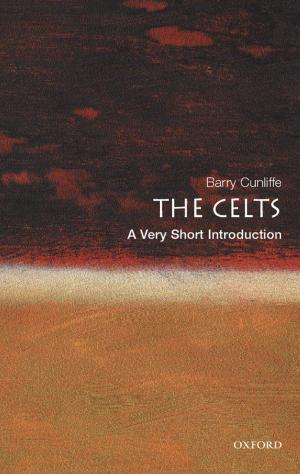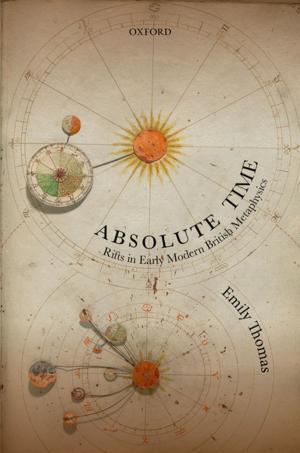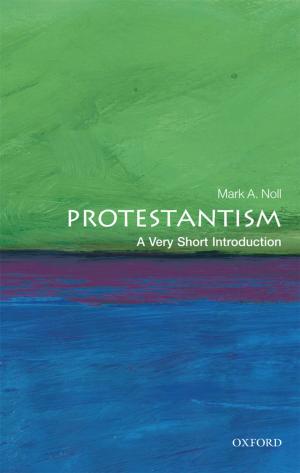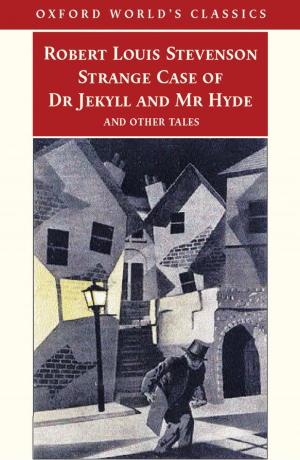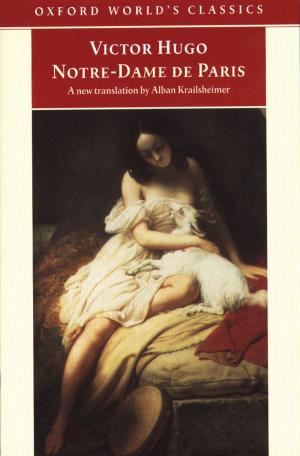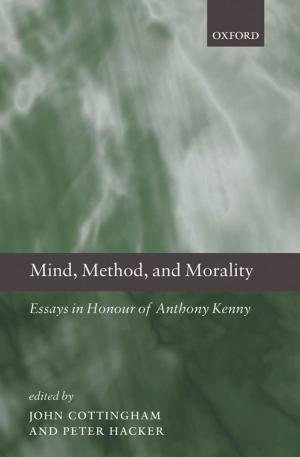The Oxford Handbook of Milton
Fiction & Literature, Literary Theory & Criticism, Poetry History & Criticism, British| Author: | ISBN: | 9780191607301 | |
| Publisher: | OUP Oxford | Publication: | November 19, 2009 |
| Imprint: | OUP Oxford | Language: | English |
| Author: | |
| ISBN: | 9780191607301 |
| Publisher: | OUP Oxford |
| Publication: | November 19, 2009 |
| Imprint: | OUP Oxford |
| Language: | English |
Four hundred years after his birth, John Milton remains one of the greatest and most controversial figures in English literature. The Oxford Handbook of Milton is a comprehensive guide to the state of Milton studies in the early twenty-first century, bringing together an international team of thirty-five leading scholars in one volume. The rise of critical interest in Milton's political and religious ideas is the most striking aspect of Milton studies in recent times, a consequence in great part of the increasingly fluid relations between literary and historical study. The Oxford Handbook both embodies the interest in Milton's political and religious contexts in the last generation and seeks to inaugurate a new phase in Milton studies through closer integration of the poetry and prose. There are eight essays on various aspects of Paradise Lost, ranging from its classical background and poetic form to its heretical theology and representation of God. There are sections devoted both to the shorter poems, including 'Lycidas' and Comus, and the final poems, Paradise Regained and Samson Agonistes. There are also three sections on Milton's prose: the early controversial works on church government, divorce, and toleration, including Areopagitica; the regicide and republican prose of 1649-1660, the period during which he served as the chief propagandist for the English Commonwealth and Cromwell's Protectorate, and the various writings on education, history, and theology. The opening essays explore what we know about Milton's biography and what it might tell us; the final essays offer interpretations of aspects of Milton's massive influence on later writers, including the Romantic poets.
Four hundred years after his birth, John Milton remains one of the greatest and most controversial figures in English literature. The Oxford Handbook of Milton is a comprehensive guide to the state of Milton studies in the early twenty-first century, bringing together an international team of thirty-five leading scholars in one volume. The rise of critical interest in Milton's political and religious ideas is the most striking aspect of Milton studies in recent times, a consequence in great part of the increasingly fluid relations between literary and historical study. The Oxford Handbook both embodies the interest in Milton's political and religious contexts in the last generation and seeks to inaugurate a new phase in Milton studies through closer integration of the poetry and prose. There are eight essays on various aspects of Paradise Lost, ranging from its classical background and poetic form to its heretical theology and representation of God. There are sections devoted both to the shorter poems, including 'Lycidas' and Comus, and the final poems, Paradise Regained and Samson Agonistes. There are also three sections on Milton's prose: the early controversial works on church government, divorce, and toleration, including Areopagitica; the regicide and republican prose of 1649-1660, the period during which he served as the chief propagandist for the English Commonwealth and Cromwell's Protectorate, and the various writings on education, history, and theology. The opening essays explore what we know about Milton's biography and what it might tell us; the final essays offer interpretations of aspects of Milton's massive influence on later writers, including the Romantic poets.
